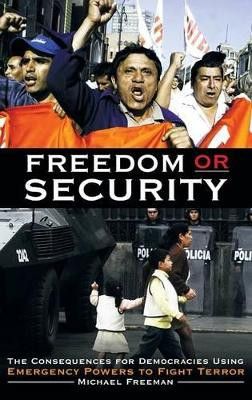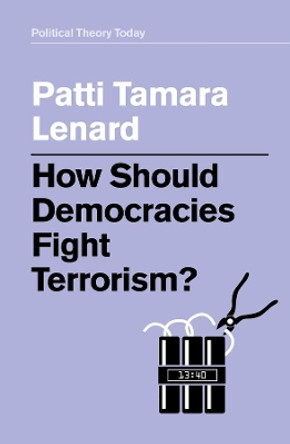Several democratic countries have used emergency powers to restrict or suspend individual liberties in order to fight terrorism more effectively. Emergency powers are controversial in their potential to undermine democracy and civil liberties. Freeman challenges popular arguments of both the supporters of emergency powers, who focus on their expected effectiveness, and the critics, who focus on the dangers. In reality, the recent experiences of four different democratic states that have invoked emergency powers show that a positive outcome is just as likely as negative outcome. As the United States fights its war against terrorism, it should heed the lessons learned by other democracies in similar struggles, particularly Great Britain's relationship with Northern Ireland in the 70s and 80s, Uruguay's response to the Tupamaros in the late 60s and early 70s, Canada's dealings with the FLQ in 1970, and Peru's conflict with the Shining Path movement in the 80s and early 90s.
Freeman uses the recent experiences of four democratic states to challenge popular arguments of both supporters and critics of emergency powers.About the AuthorMICHAEL FREEMAN is a scholar of terrorism, international relations, and U.S. foreign policy. He has spent several years as a political analyst for the U.S. Government and is currently an independent political risk consultant.
ReviewsRecommended. All levels. This book contributes to the literature on terrorism and will suit both university students and professors. * Choice *
[O]ffers very valuable information and advice to democratic leaders fighting the threat of terrorism....recommended for academic and larger public libraries. * Library Journal *
Book InformationISBN 9780275979133
Author Michael FreemanFormat Hardback
Page Count 232
Imprint Praeger Publishers IncPublisher Bloomsbury Publishing Plc
Weight(grams) 510g









